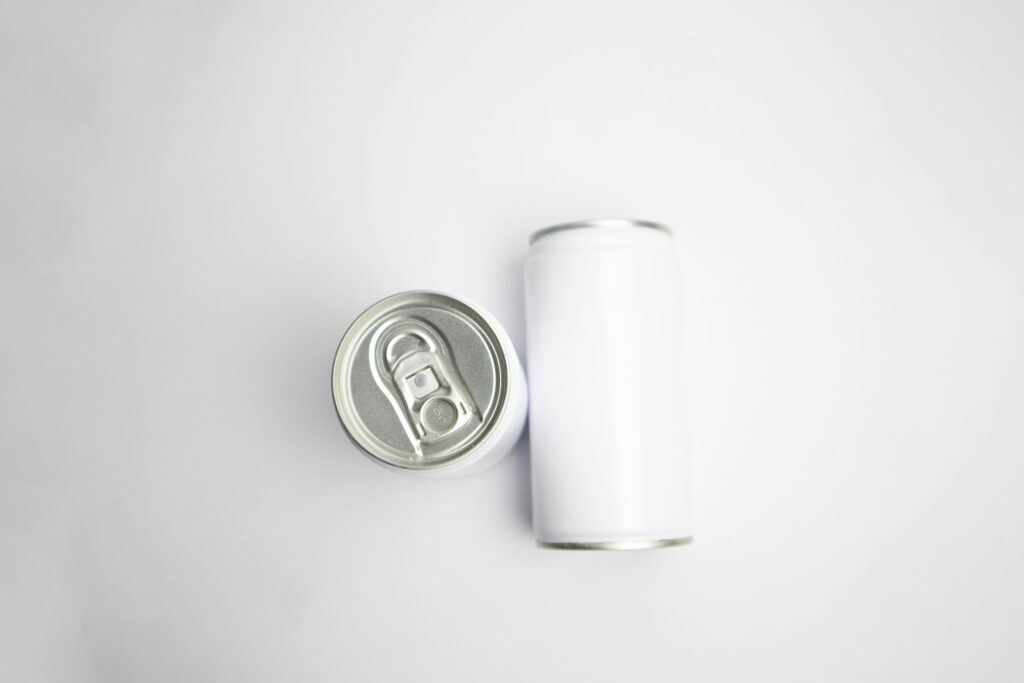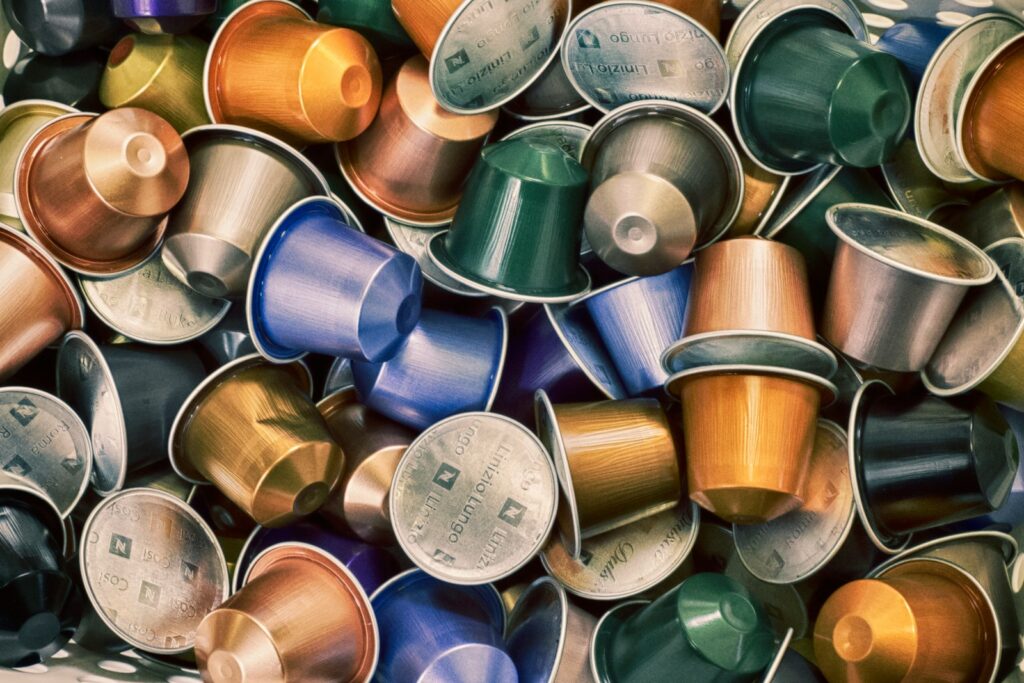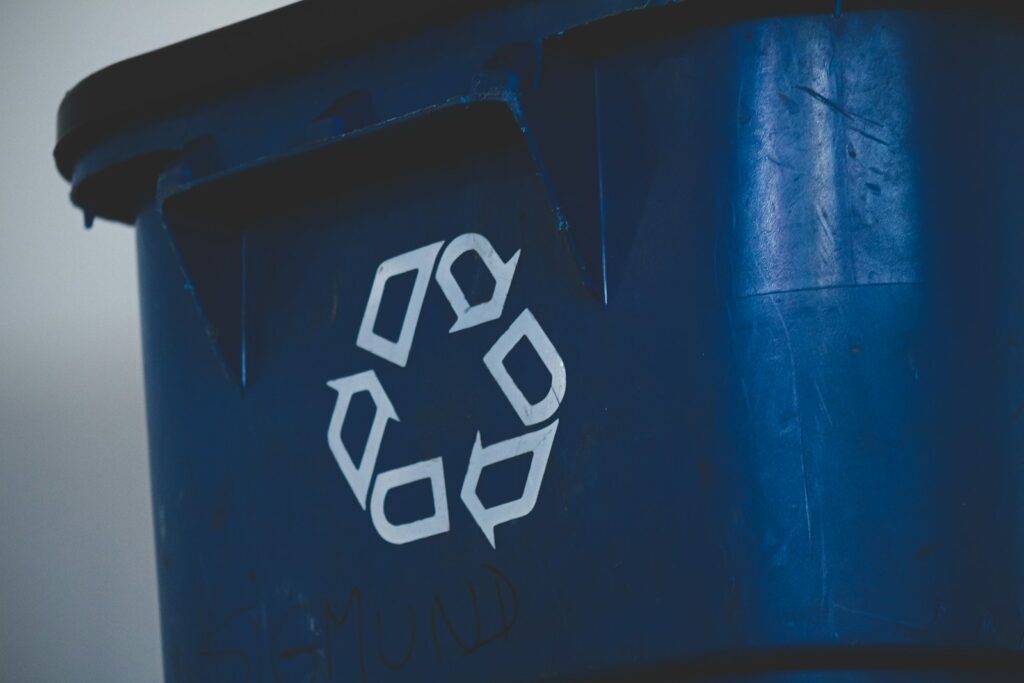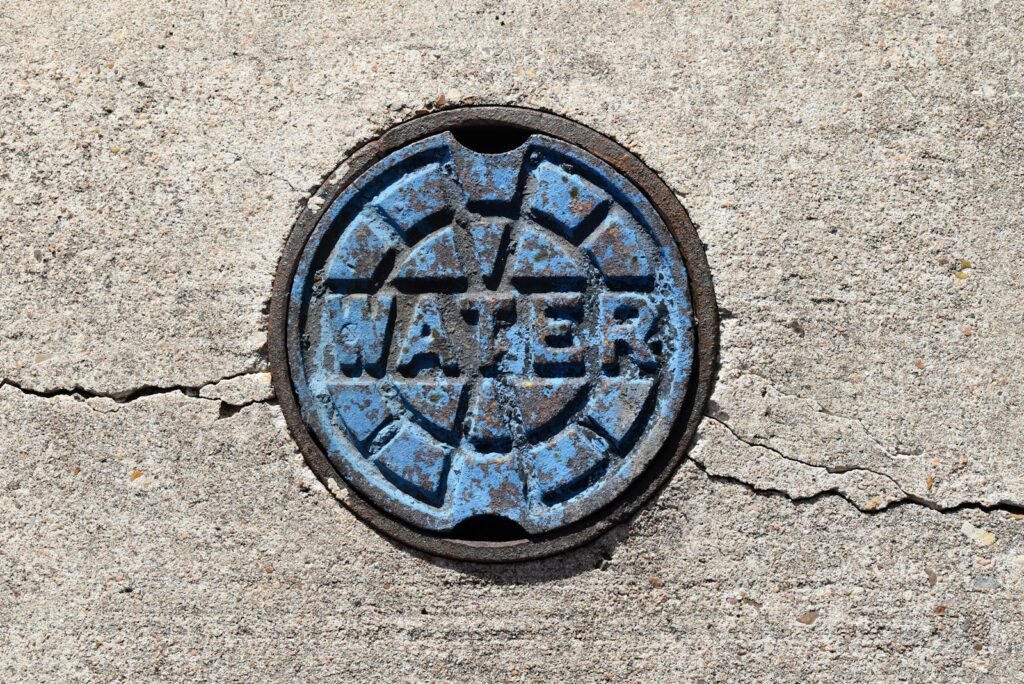The UN has told global fashion retailers they must clean up their act and put a stop to the environmentally damaging aspects of the industry.
The UN Alliance for Sustainable Fashion, launched yesterday (March 14) at the UN Environment Assembly in Nairobi, Kenya, hopes to improve collaboration among UN agencies to help the fashion industry become more sustainable and identify solutions that can be presented to government across the world and trigger policy changes.
The industry is the second-biggest consumer of water, generating around 20% of the world’s wastewater and releasing half a million tons of synthetic microfibers into the ocean annually.
It also loses about $500 billion of value every year due to the lack of recycling and clothes that are thrown into landfill before ever being sold.
‘Many people succumb to buying seasonal trends that then get thrown away within a couple of months, and it’s just not sustainable,’ said model Nadya Hutagalung.
‘At the launch of the UN Sustainable Fashion Alliance we get to see people developing new fibers that are sustainable, have low water impact and low impact on the environment where they’re produced,’ she added.
The Alliance is also helping launch the Ethical Fashion Initiative – a partnership launched by the UN and World Trade Organization – to hold annual high-level forums that engage Hugo Boss, Gap, H&M and other major fashion companies.
In related news, UK politicians have started to get tougher on the ‘fast fashion’ industry, and in January, leading fashion retailers across the UK were accused of a ‘shocking’ lack of commitment towards environmental sustainability by a House of Commons committee.
The Environmental Audit Committee (EAC) analysed sixteen UK fashion retailers, asking what they are doing to reduce the environmental and social impact of their businesses and found JD Sports, Sports Direct, Amazon UK and Boohoo the worst offenders.
Read an article by Becky Willan, managing director of Given London, about why recycling needs to be a catalyst for true transformation of the fashion industry here.
















